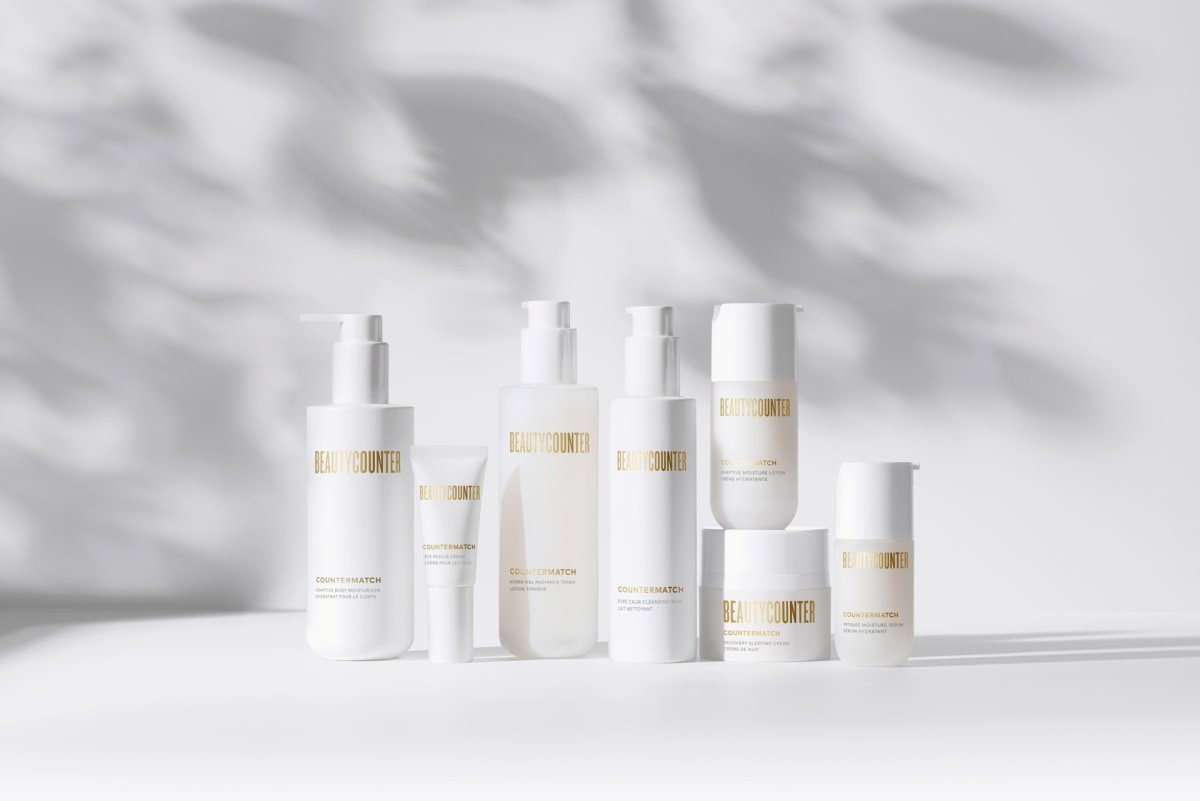For 10 years, Gregg Renfrew spent her days building Beautycounter, a clean beauty startup. Her mission was larger than creating nontoxic lipsticks and face creams. She had a broader goal of making the entire skincare industry safer for consumers. But in April 2021, she decided to sell her fledgling company to the private equity giant Carlyle, in a deal that valued Beautycounter at $1 billion.
It was deemed a coup for both Renfrew and the broader clean beauty movement. But a year ago, as Carlyle restructured the company, Renfrew was asked to leave her position as CEO to make room for new leadership. Now, in a new twist, Carlyle has asked Renfrew to return to her role as CEO. She’s accepted and resumes the position today. (We reached out to Carlyle, which declined to comment.)
Renfrew’s experience provides a glimpse into what it means for founders to steer their company towards a successful exit. And also how the culture of a company changes when a founder is no longer at the helm.
When I recently spoke to Renfrew, she was in the Bahamas, enjoying one last day of relaxation before she returns to Beautycounter. “I had been going for 24/7 for 10 straight years,” she says. “It was really challenging to transition away from running a company. I really wanted to continue to focus on the mission of getting safer products into the hands of everyone.”

Renfrew spent two years building Beautycounter before launching the company in 2013. The beauty industry is very crowded, with new brands launching daily, but Renfrew wanted Beautycounter to stand out by drawing attention to how many harmful ingredients are widely used in beauty products.
Renfrew created a list of 2,800 harmful and potentially harmful ingredients that Beautycounter would never use in its formulations. And in an unusual move, she hired a head of mission, who would work on behalf of Beautycounter to lobby the government to better regulate the personal care sector. This meant deploying the brand’s 65,000 independent sellers to call legislators, send emails, and even go to Capital Hill to lobby members of Congress and Senators.
But in 2021, Renfrew made the decision that it was time to sell the brand. She believed the private equity firm would help scale Beautycounter while staying true to its mission. “When the opportunity arose to sell the company to an institution like Carlyle that embraced our community-driven business model and understood how we went about building the movement at large, I was excited to sell,” she says. “And I was admittedly excited to reach a unicorn valuation and be able to enjoy some financial success.”
The Carlyle Group is one of the largest private equity corporations in the United States, with $382 billion of assets under management. It was founded in 1987 and was initially known for acquiring businesses in the defense industry. Today, its portfolio spans industries, including aerospace, healthcare, and technology.
Some are critical of Carlyle’s practices, which have in the past prioritized financial success over an organization’s mission. In a recent book called Plunder: Private Equity’s Plan to Pillage America, federal prosecutor Brendan Ballou highlighted Carlyle’s acquisition of the nursing home chain HCR ManorCare. Ballou shows how Carlyle instituted many cost-cutting programs that involved firing hundreds of workers and reducing services to residents, many of whom suffered.
Renfrew says she was cautious about selling Beautycounter to Carlyle. But she says that her primary contact, Jay Sammons—who was at the time the head of global consumer, media, and retail at Carlyle—understood her vision for the company and seemed committed to maintaining its mission.
The plan was for her to stay on as CEO, but in the months that followed, Carlyle instituted major leadership changes. In January 2022, Refrew was asked to step aside as CEO to make room for new leaders; she did however, stay on the board. Others on the executive team left in the following months, including the head of mission and the head of communications.
Marc Rey, formerly the head of Shiseido Americas, was brought on as CEO. A year later, Rey departed the company and was replaced by board director Mindy Mackenzie, who had previously served as chief performance officer at Carlyle and as a senior adviser at McKinsey. During this period, the company focused on becoming an omnichannel brand. It partnered with the beauty retailer Ulta to make products more widely available. (This mirrors Glossier’s strategy of expanding beyond direct-to-consumer with its Sephora launch). And its new head of mission continued working to pass state legislation that would strengthen the regulation of the beauty sector.

But in the end, Carlyle decided it was time to bring Renfrew back, though it has not given an explicit reason for her return. In a press release, the Beautycounter board chair Roberto Marques says, “Gregg . . . has a proven track record at the Company for driving results.” He also said she was skilled at engaging the independent sellers to “work alongside her to make meaningful change.”
Renfrew, for her part, is eager to return to the company she has devoted the last decade to building. In many ways, the few years have illustrated to her how a company can change when a founder leaves. “The founder is the one who crafts the DNA and the core tenets of a brand,” she says. “Those values are critical to the success of the business. And as I come back in, I’m going to continue to focus on this mission.”
But looking forward, Renfrew realizes that she will, at some point, have to move on from Beautycounter. And it’s crucial for her to find ways to weave the mission and the values of the company into the fabric of the brand, so they outlast her leadership. “I’m focused on how we set the company up for success, whether I’m at the helm or not,” she says. “My focus on the mission was born of passion, but I think it is possible for the mission to play out in other ways. I think both founders and corporate executives can be enormously successful, as long as they stay true to the vision of the company.”

(11)




